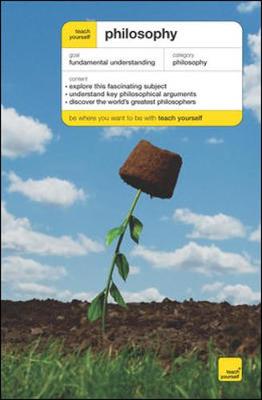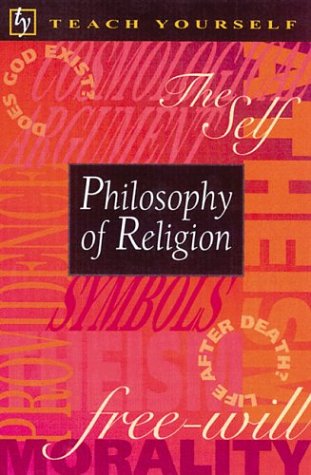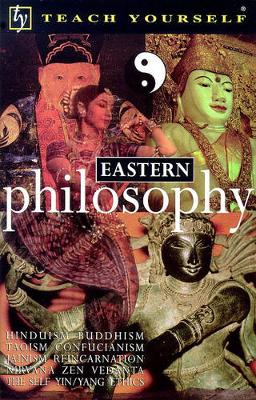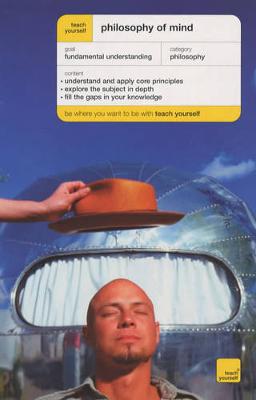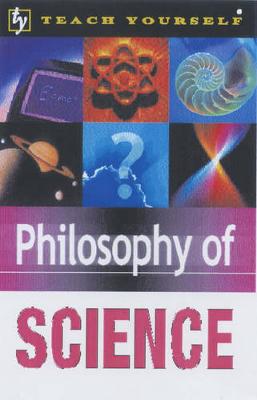Typy
6 total works
Do-It-Yourself Descartes . . . and more Teach Yourself Philosophy explores the key philosophical thinkers, arguments, and works that have shaped our society. It also includes discussions of contemporary issues and arguments.
- Does God exist? - Do miracles happen? - Should we take religious languages seriously? These are just some of the questions examined in TEACH YOURSELF PHILOSOPHY OF RELIGION. They are fundamental to any intelligent understanding of life and are also issues which every believer needs to explore. TEACH YOURSELF PHILOSOPHY OF RELIGION examines what religion is and how it is related to our overall understanding of life. - Examine how religion relates to the scientific world view. - Explore what religious experience is and what we can learn from it. - Investigate the human need for the world to make sense.
Teach Yourself Eastern Philosophy examines key ideas that developed within the ancient civilisations of India and China. It presents a range of philosophies that both inform discussion of personal, moral and social issues and address the fundamental questions about the nature of reality and the place and purpose of human life within it.From the erotic images of Tantra to the simple precision of Zen, and from the social order in traditional Confucian teaching to the rich variety of Hindu ideas and lifestyles, Teach Yourself Eastern Philosophy provides a feast of ideas of universal relevance.Teach Yourself Eastern Philosophy:- Looks at the ethical and social implications of Eastern philosophy.- Gives key terms in their original language with full explananations.- Points to parallels with Western thought, where appropriate.- Provides essential background information for appreciating the religions of India and the Far East.
Part of the "Teach Yourself" series, this book offers a thorough grounding for those who want to do further study in ethics or philosophy or who are concerned with professional ethics in the fields of law, medicine or business. This volume introduces some of the main ethical theories, and looks at the contribution of many thinkers, both ancient and modern, including Aristotle, Aquinas, Hobbes, Kant, Nietzsche, Ayer and Rawls. It studies moral choices - the values that lie behind them, the reasons people give for them and the language they use to describe them. As well as a comprehensive historical survey of the subject, this book: systematically explores important moral issues, such as whether people are free to choose what to do and what is meant by moral choice; studies important areas of moral thought, such as personal relationships, law and order and global issues; and sets debates in contemporary contexts.
What is your mind? How is it related to your body? What is the effect of artificial intelligence and information technology? These and many other issues are explored in TEACH YOURSELF PHILOSOPHY OF MIND. - Investigate ideas about the mind, from ancient Greece to present-day cognitive science. - Explore the concepts of memory and free will. - Consider issues relating the mind to religion and artistic creativity. - Examine the impact of information technology on our understanding of the mind and the way it works.
